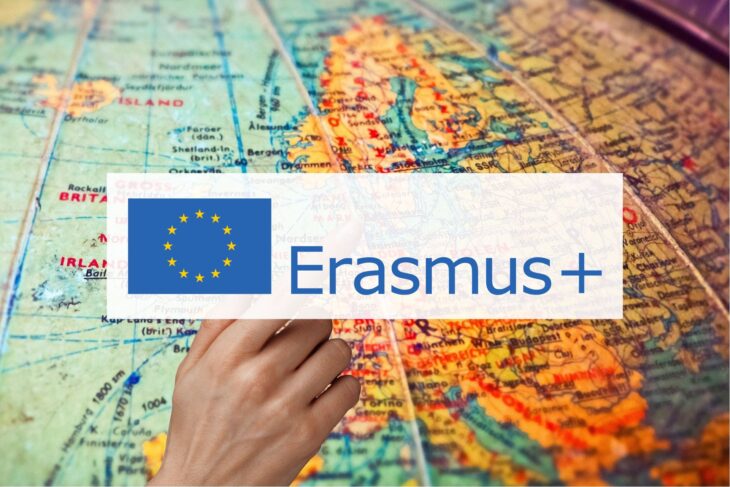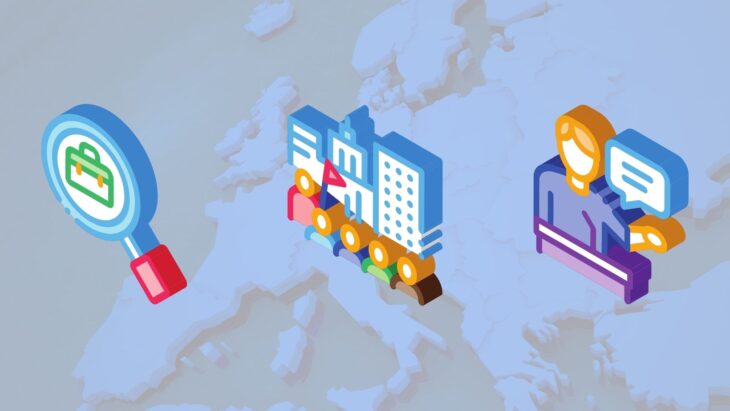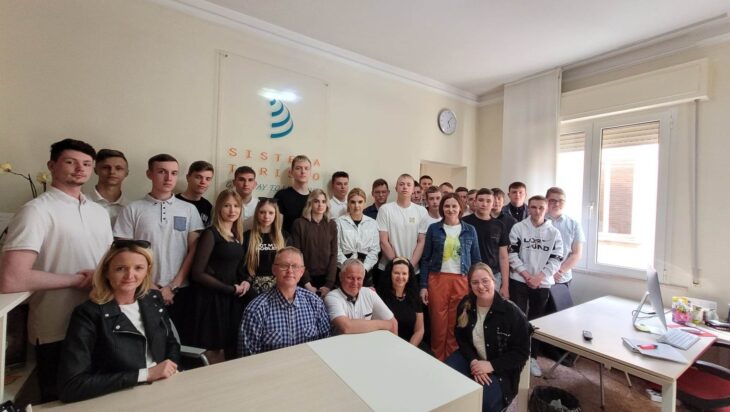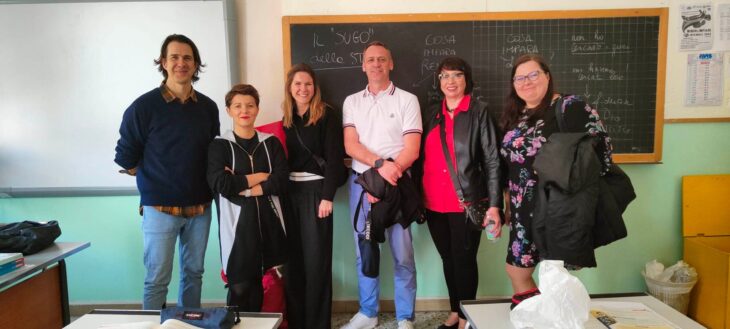The European Union’s identification of the eight European key competencies – soft skills – (also called key citizenship competencies) is the result of a long journey that began in 2006 and was renewed in 2018. A complex process that saw Parliament and Commission working together. Today, the European Key Competencies represent a reference point for Italian legislation, especially in the area of Schooling and Education.
To provide support for competency-oriented Education, Training and Learning in a lifelong learning context, three issues were identified: the use of multiple learning approaches and contexts; support for educators and other teaching staff; and assessment and validation of competence development.
To act on all issues, some examples of best practices were identified.
Let’s start with the multiple approaches and contexts of learning:
– interdisciplinary learning; partnerships involving education, training and learning actors at different levels as well as the labor market; and concepts such as comprehensive and integrated school approaches, which emphasize collaborative teaching and learning, active participation and decision-making by learners, can be used to enrich learning. Cross-sectoral collaboration between education and training institutions and external actors from the business, arts, sports and youth sectors and higher education or research institutions can be decisive for effective skill development;
– the acquisition of basic skills and the development of broader competencies can be promoted by systematically integrating academic learning with social and emotional education, the arts, and healthy physical activities that promote health-conscious, future-oriented, and physically active lifestyles;
– strengthen learning methodologies such as inquiry- and project-based, blended learning, arts and games can increase motivation and commitment to learning;
– could be encouraged to use digital technologies to enhance learning and support digital skills development, such as through participation in Union initiatives;
– building partnerships and platforms that associate schools, communities, and businesses at the local level, particularly in rural areas, can play a decisive role in spreading entrepreneurial education;
– multilingual competence can be developed through close cooperation with educational, training and learning contexts abroad, the mobility of teaching staff and learners, and the use of eTwinning, EPALE and/or similar online portals;
– all learners, including those in disadvantaged circumstances or with special needs, could receive appropriate support in inclusive settings.
– Such support could take the form of language, academic, social-emotional support, peer coaching, extracurricular activities, career guidance, or material assistance;
– cooperation among educational, training, and other partners in local communities, and with employers, in association with formal, nonformal, and informal learning, can foster skill development and facilitate the transition from education to work as well as from work to education.
Whereas in terms of supporting educators and other educational staff:
– integrating competency-oriented education, training, and learning approaches into initial education and continuing vocational training can help educational staff evolve teaching and learning in their respective contexts and develop the skills needed to apply these approaches;
– support could be given to staff in developing competency-oriented approaches in their respective contexts through staff exchanges, peer learning, and peer counseling, allowing flexibility and autonomy in organizing learning, through networks, collaboration, and communities of practice;
– Instructional staff could receive support to develop innovative practices, participate in research, and appropriately apply new technologies, including digital technologies, for competency-based approaches in teaching and learning;
– guidance and access to expert centers should be provided to teaching staff; appropriate tools and materials that can improve the quality of teaching as well as learning methods and practice.
Last but not least, support for validation of skill development could be resolved thus:
– key competency descriptions could be transformed into frameworks of learning outcomes, which could be supplemented by the appropriate diagnostic, formative and summative assessment and validation tools at the appropriate levels;
– digital technologies, in particular, could help identify the multiple dimensions of learner progress, including the learning of entrepreneurial competence;
– different approaches to the assessment of key competencies in nonformal and informal learning contexts could be developed, including relevant activities carried out by employers, guidance specialists, and social partners;
– the validation of learning outcomes from nonformal and informal learning could be expanded and enhanced, in accordance with the Council Recommendation on the validation of prior nonformal and informal learning, to include different validation processes.
– The use of tools such as Europass and Youthpass, which serve for documentation and self-assessment, can contribute to the validation process.
Don’t stop following us on all our social channels to be informed about documents, European Programs, Erasmus+ work placements and other transnational experiences that can be activated at ETN locations.
Written by Federica Summa



















